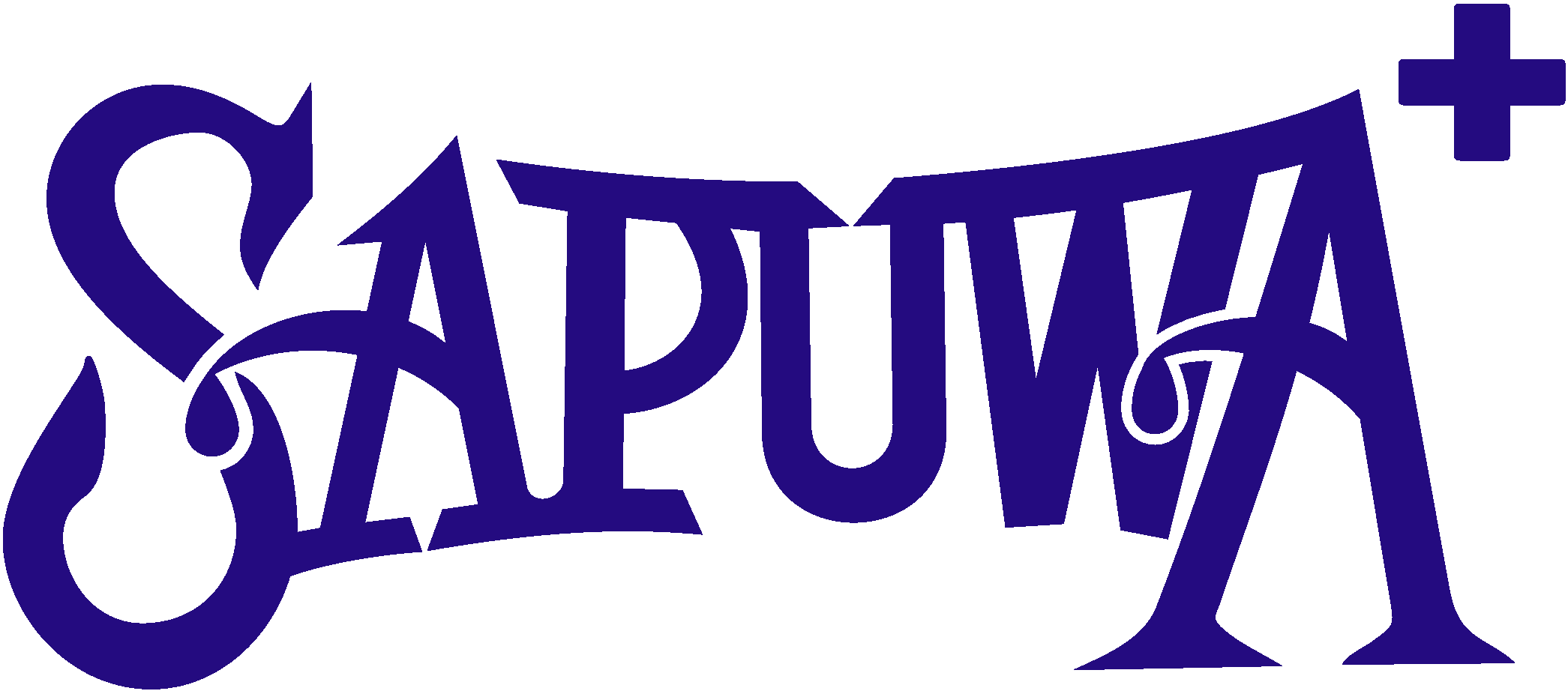What Makes Teamwork Effective?
The most effective teamwork happens when individual contributors harmonize their efforts and work toward a common goal. Good teams don’t typically happen by accident; hard work, commitment and some amount of struggle are usually involved in creating successful teams. But teams that go through the rigors of creating a cohesive group are rewarded with higher productivity, fewer internal struggles and a more enjoyable work experience.
Good Leadership
The best leaders reliably follow through on their commitments; or walk the talk as the saying goes. They are also willing to provide as much or as little leadership as the team requires. Neither micromanaging nor a complete hands-off approach works. Employees want a leader who is available and approachable, who listens and values their input, and who recognizes them for a job well done. The best leaders also deal with problems quickly.
Adaptability
While it is important to have a clearly defined set of roles and responsibilities for each member, on the most effective teams tasks and responsibilities are not rigidly adhered to. Team members are willing to cross lines of responsibility and do something that may not be in their job description, if that is what’s required to get the job done. On the best teams, all members take responsibility for their own tasks as well as the overall completion of the goal.
Diversity
Most members bring a diversity of thought, experience and skills to a team. Leaders who recognize and encourage this will be rewarded with new and inventive ways to accomplish a job. Effective teams are willing to try a new solution to an old problem. They also are open to new or unusual suggestions and don’t dismiss a solution without consideration.
Effective Communication
In the most effective teams, communication happens regularly. Interactions across team members as well as to and from team leaders are all necessary. Regular team meetings are a good way to discuss ongoing activities and new assignments, but if a crisis arises, discussion shouldn’t wait until a team meeting takes place. Email, impromptu meetings and conference calls are quick ways to respond when a problem occurs. These are also good methods for quick, periodic updates on tasks or to ask questions that don’t require team consensus.
Skilled Conflict Management
Conflict happens, even in the most synergistic teams. Often new ideas and solutions can come from differences of opinion, so they shouldn’t be discouraged. Decide as a team how to handle conflicts. Put a process in place and follow it as quickly as possible after a conflict occurs (typically within 24 hours). This requires a certain level of trust. If individuals are respectful, keep the conversations professional and listen to each other this trust will develop naturally.
Source: smallbusiness.chron.com
Collected by Nhu Vu SAPUWA
Relative post
- The Virtue of Admitting Fault
- The Power of Admitting A Mistake
- How to Work From Home Effectively
- 7 simple tips to tackle working from home
- 5 ways to make working from home better
- Top 10 Reasons to Start Your Own Business
- Success Tip: To Be Different, You Have To Think Different
- How To Stop Thinking And Start Doing
- Connected Employees: 10 ways to connect with your team
- 5 Ways To Help Teams Connect Virtually
- 10 Things Leaders Managing Remote Employees Should Do
- Seven ways to build the solidarity economy








 0
0


